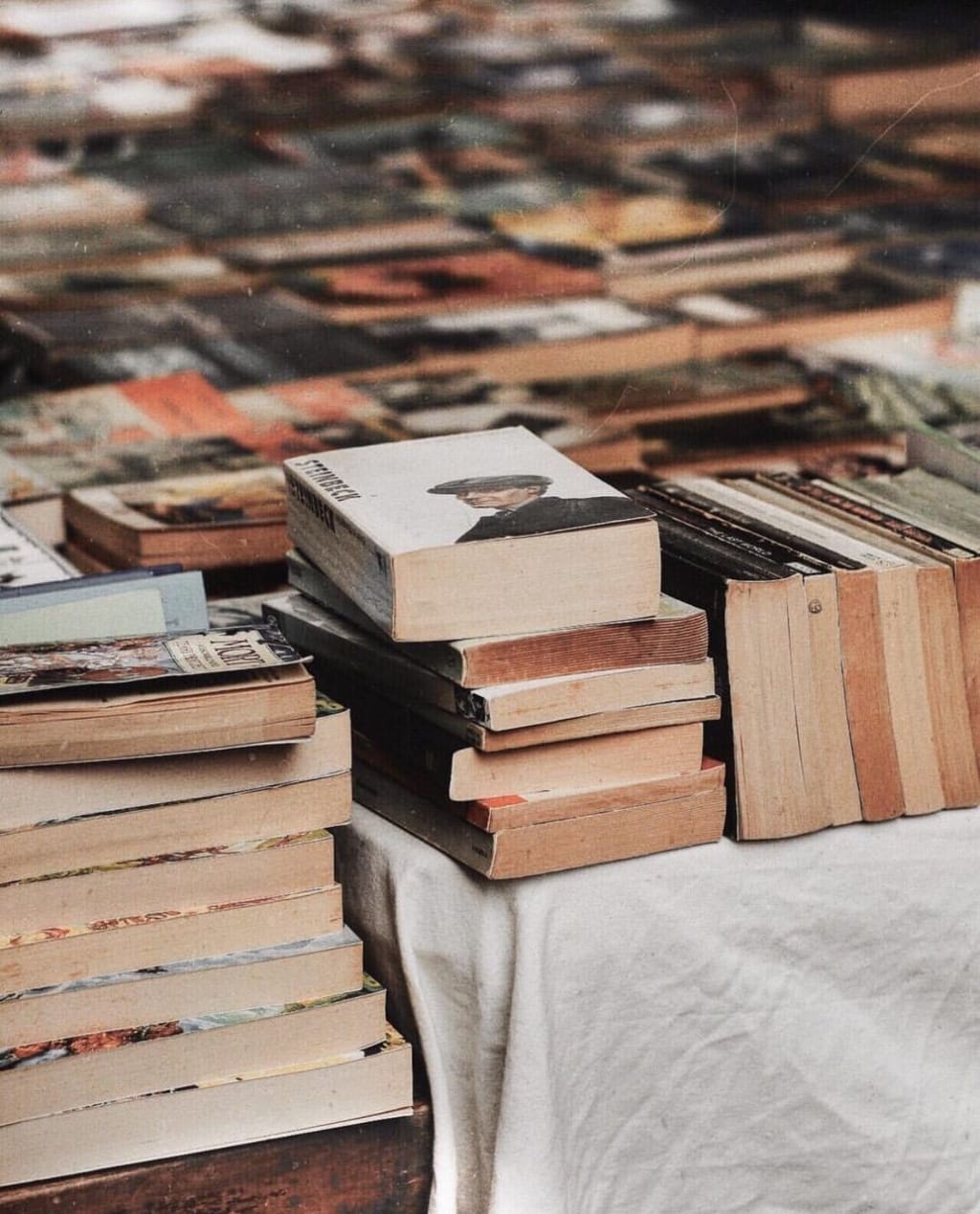
When you think about reading books you think about doing an isolated and solo activity, but if you're a social person who also likes to read, how do you accomplish this?
First of all, you could get a social media account on Instagram and join various book clubs. I recommend joining clubs such as Belletrist, The Reese Witherspoon Book Club - also known as Hello Sunshine, The B and N book club and there are various others online.
The next thing you could do is set up your own blog and encourage discussion. I like reading other people's book blogs especially when they're independent blogs written by actual people as opposed to companies and corporations. Personal blogs have so much more passion about the book and often, they encourage discussions in ways you never really thought about the novel as someone else has a completely different point of view to your own.
Finally, you can set up a book club of your own and socialise with others who read the same book. Often you can discuss other things as well. For example: in a re-read of "The Brothers Karamazov", I was in a book club talking about opera and theatre with a kindred spirit who has an excellent account about books and language.
So, without further introduction - let us get on with the next piece and this is numbers 661 through to 680...
661. Collected Maxims by La Rochefoucauld
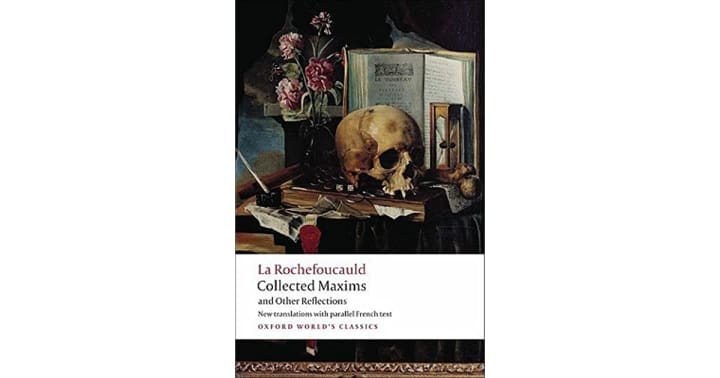
This book of maxims is especially good and enjoyable because of the fact it deals with so many facets of life. La Rochefoucauld is a man I was covering for a separate article on his philosophies (watch out for it!) and I noticed how in-tune he was with the dealings of morality, ethics and the way we should, as opposed to the way we do, live our lives and experience love, death and passion. It is very French but it is also beautifully written in strange little paradoxes littered throughout the book.
662. Little Reunions by Eileen Chang
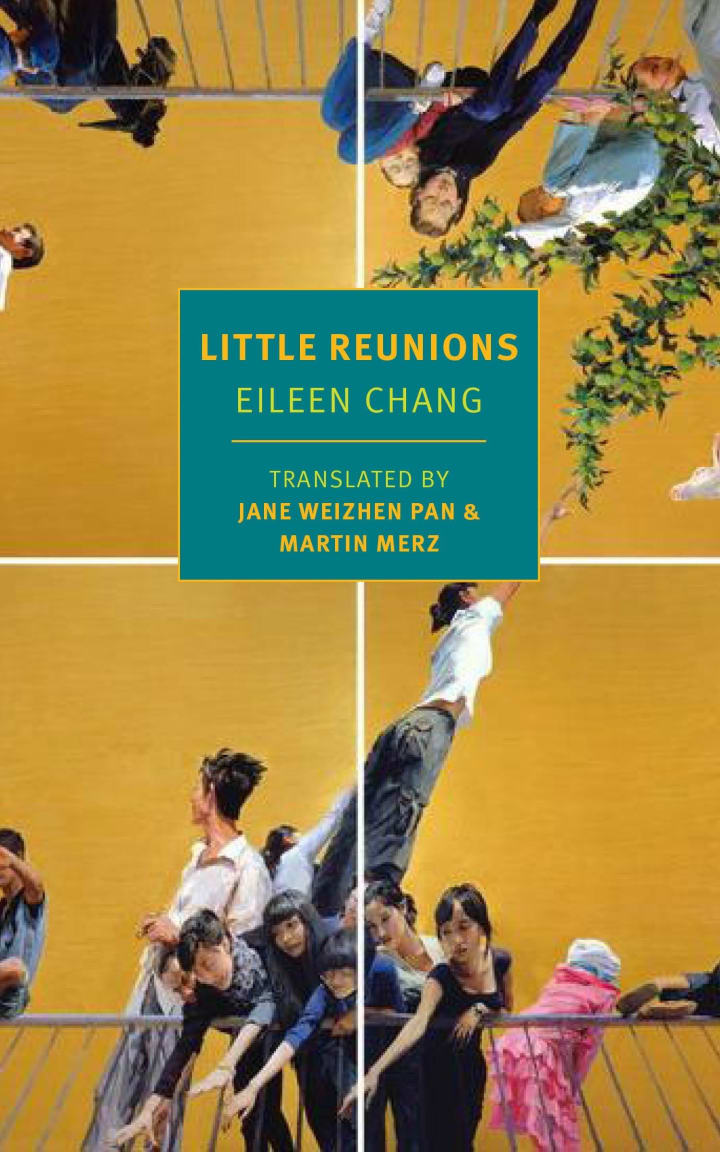
This book is about a middle class girl living in Shanghai at the breakout of the Japanese Invasion and the rebellion years. Her family is pretty sickening and some, I think, commit acts of incest. However, she runs away and meets a revolutionary man and becomes a rebel just like him. You'd think she gets her happy ending but constantly being abandoned by people she loves and cares about haunts her everyday life from childhood to adulthood and it's actually really sad because all she wants is some normality in relationships and during this time in China, she doesn't get that at all. She has to fight for it.
663. Reykjavik Nights by Arnaldur Indriðason
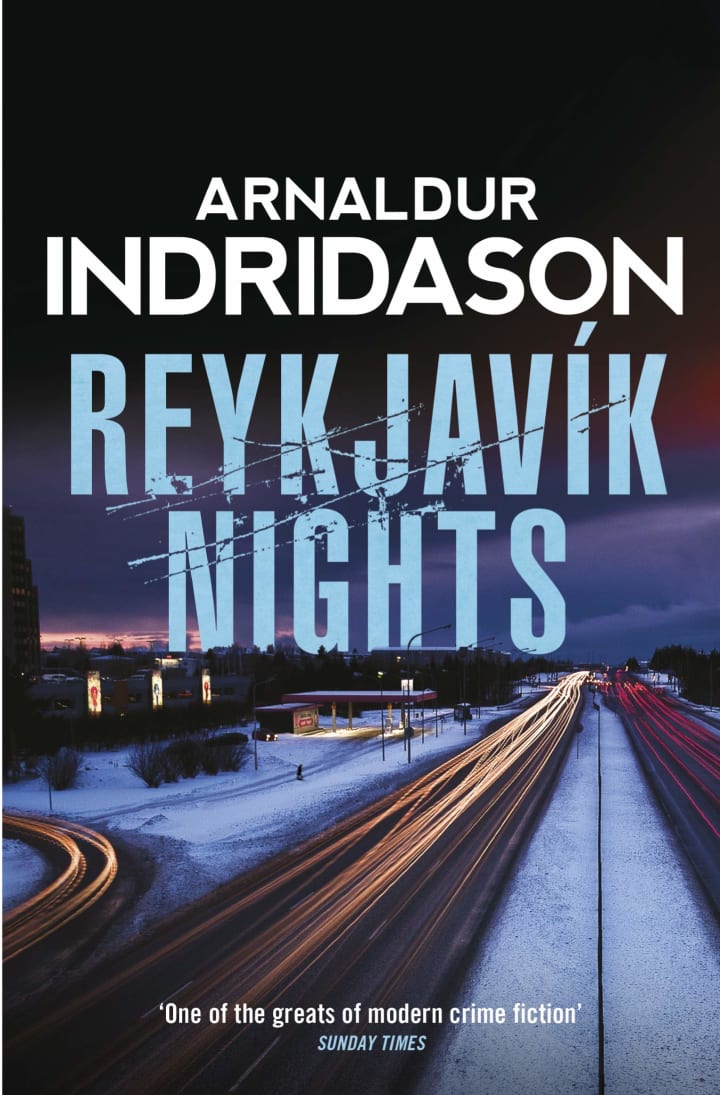
This is another book in the series I'm reading and is set long before any of the other books. You could say it was a prequel. Our investigators are just starting out as officers and encounter a dead body, a missing woman and a tale of strange events that leads them back into the past, racing into the future and everything in between. It's a brilliant idea, but for some reason I felt like I was a bit distant from the story because our known and beloved investigators and detectives weren't as experienced yet and therefore, were apt to making certain mistakes.
664. The Child of the Jago by Arthur Morrison
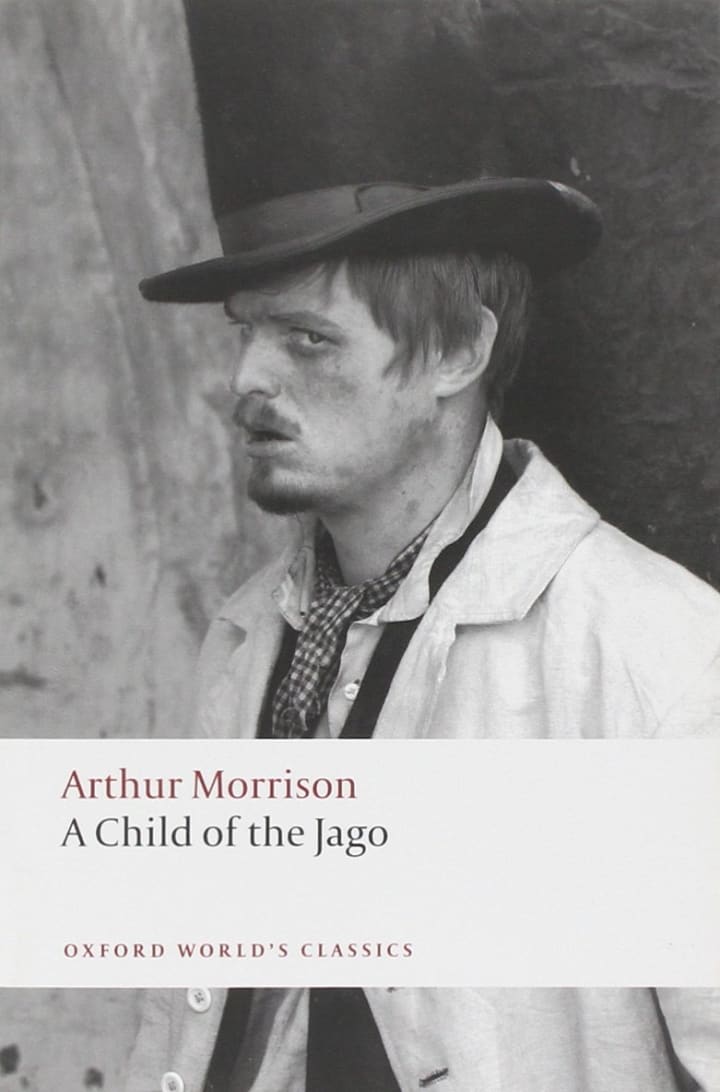
This is basically a really twisted and messed up version of Charles Dickens' "Oliver Twist". It's about a boy called Dickie and he lives in the slums of London. He is used to gang violence and petty theft on the streets. However, the book is graphic and definitely not suited for younger years. As the novel progresses, the book gets darker and darker and the characters we meet seem more and more realistic considering the criminal lifestyle we're dealing with. There are definitely dangerous people out there that make the Artful Dodger look almost saintly in comparison.
665. Oblivion by Arnaldur Indriðason
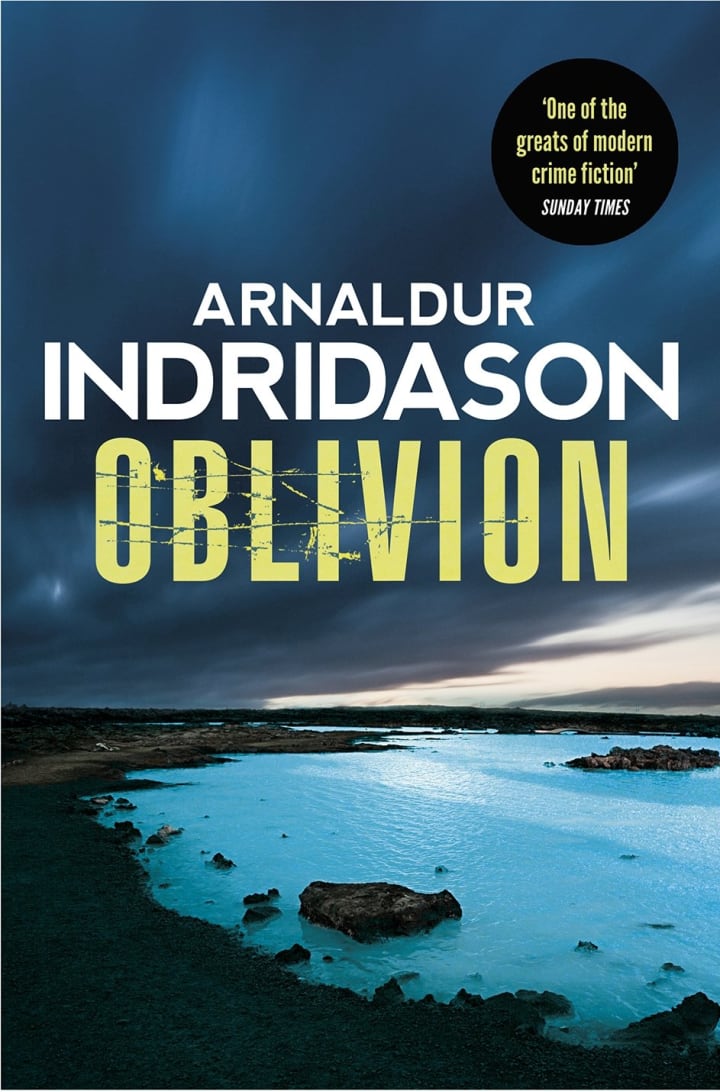
This is the next one in the series of books that I am reading and I can honestly say that though it is not that powerful in terms of story, it is still well written. It is a continuation of the prequel text and goes into the missing years between the prequel and the first book of the series. I enjoyed the darkness of it, because it really showed it was moving in towards the books I knew and the characters I was familiar with. But, the storyline seemed really similar to the book before it and so, I had to take away some points out of ten for that.
666. American Notes by Charles Dickens
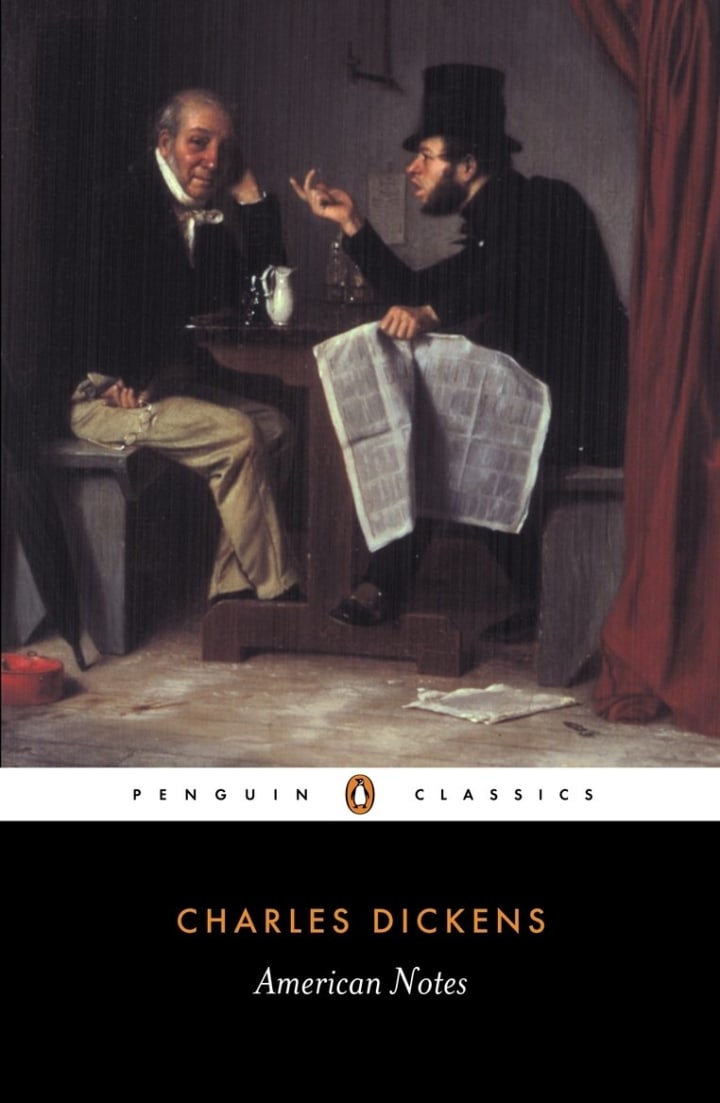
I was reading this book for an article I'm writing about it (watch out for it!) and this book actually really surprised me. It's about Dickens' travels to America in 1842 and he spent six months or so there just before turning thirty. The way he writes about the picturesque quality of the land, especially Boston, is classic Dickens - it's beautiful and extreme, filled with grand passion. However, when Dickens writes about the treatment of prisoners and the prison and judicial system - Dickens is filled with passionate rage and is absolutely horrified. From New York and Philadelphia, it is clear what he thinks about justice in America - whether it exists at all.
667. The Complete Letters of Pliny the Younger
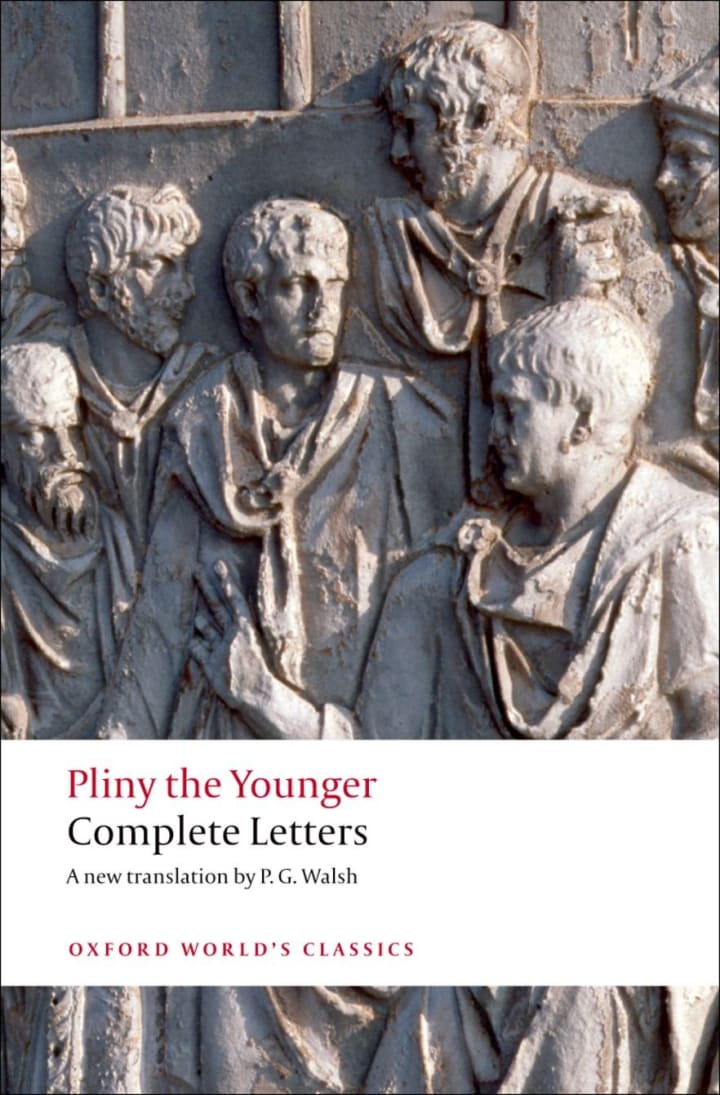
Again, I'm reading this for an article I'm writing (please, you must watch for them!) and I loved reading about all the different aspects of Roman life between different human beings. Middle Class Rome is a place of occupation, oration, justice and more. I even got to read about a property viewing that Pliny the Younger did when he was thinking about buying this incredibly picturesque house that he describes in great and enormous detail. The best part though is when Pliny the Younger talks about how Romans have an obsession with recording their everyday lives even if nothing eventful happened that day. That is brilliant.
668. Areopagitica and Other Writings by John Milton
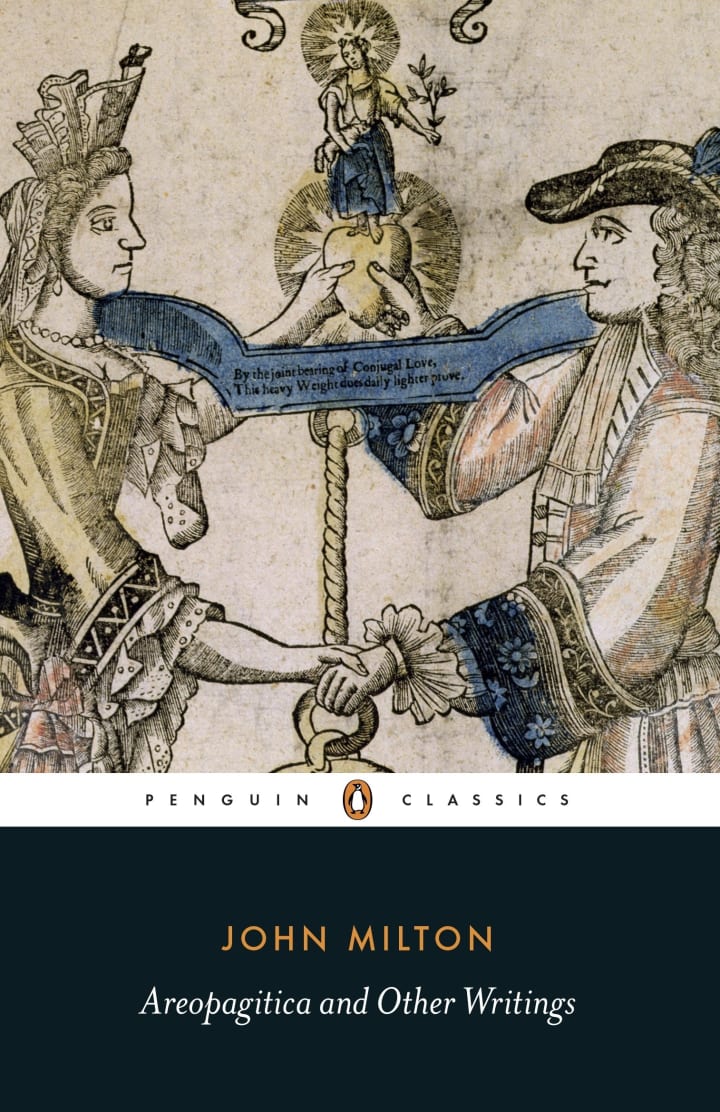
These writings by John Milton are probably best read before you tackle "Paradise Lost and Regained" and often, they aren't because of the fact that nobody has heard of this book. It goes through all of Milton's own personal theological viewpoints and perspectives and more than often, it names particular people who are either important to the topic or Milton criticises them terribly. It's a great background book for his more famous works but hardly anyone I know has even heard of this one.
669. A Simple Story by Elizabeth Inchbald
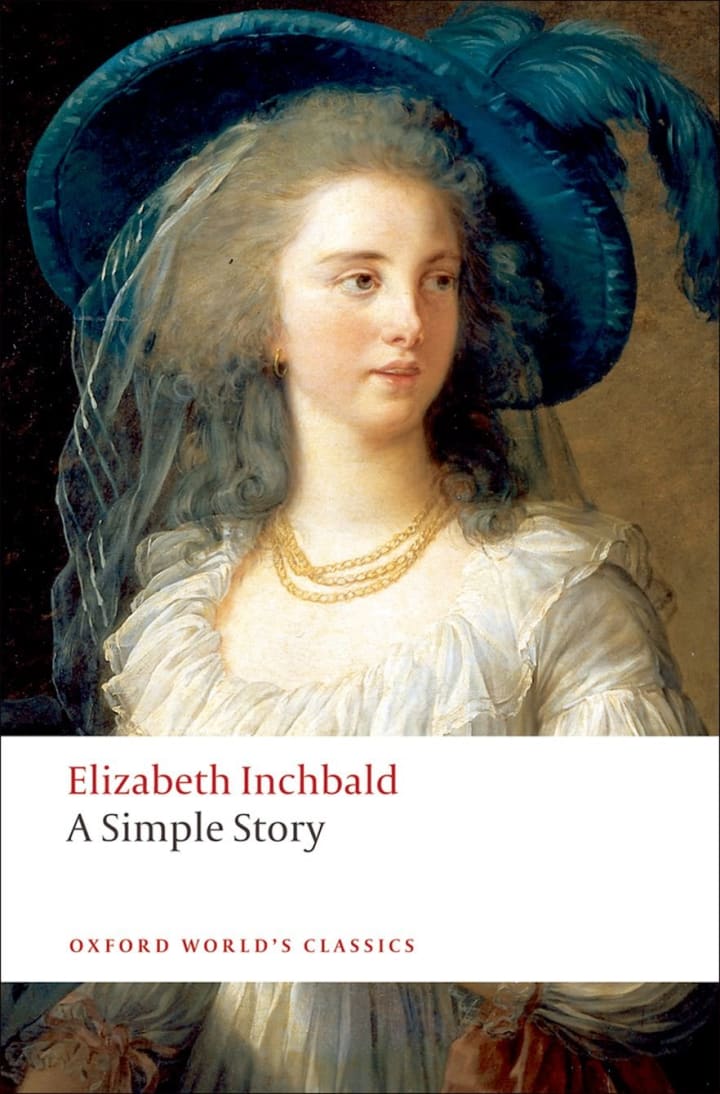
This book surprised me because from the cover and the title, it looks like a really boring book when actually in fact, it is absolutely amazing and is probably one of my favourite plot lines of the year. It's about a woman who becomes obsessively passionate about a priest and they fall madly in love, getting married after he finishes his vows. He becomes more obsessed with moralising her and so, she goes around with other people like a Lord, who has an affair with her. It's a brilliant 'fallen woman' story and reminds me of books like "Tess of the D'Urbervilles" and "Moll Flanders" - it was amazing.
670. Tales of Angria by Charlotte Bronte
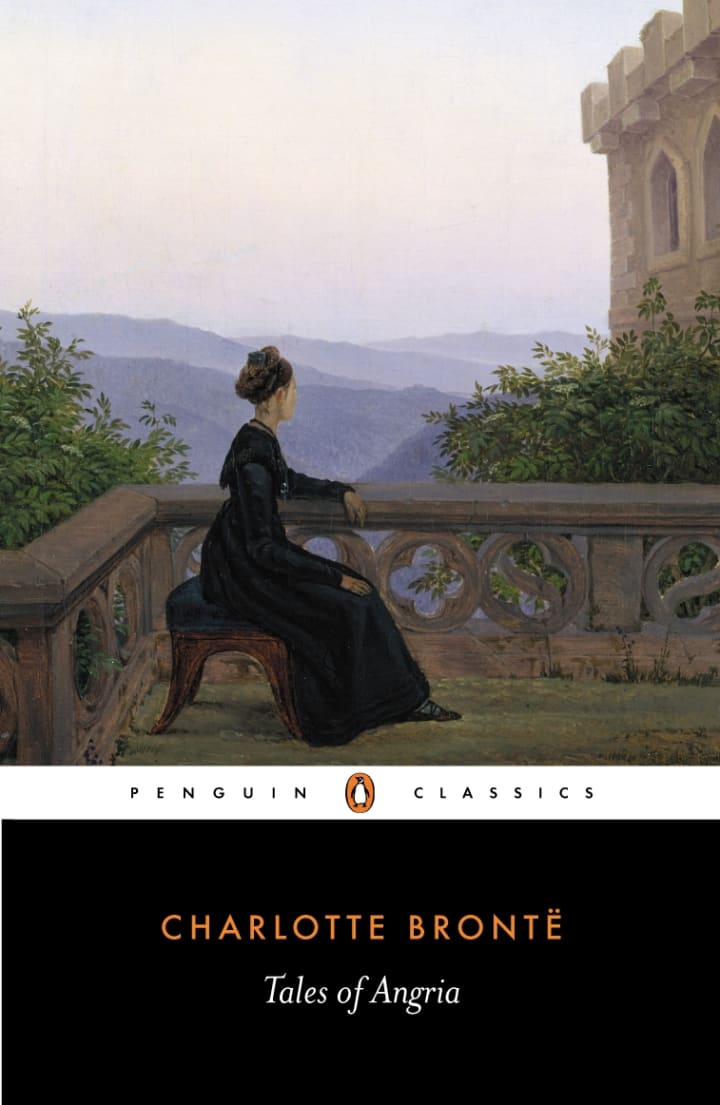
I've never even heard of this book by Charlotte Bronte. I've heard of the place "Angria" that was created by Charlotte and Branwell Bronte but I didn't know they wrote a book about it. There's a number of small stories and narratives complete with a little book of notes and narrative sketches at the end. It was a brilliantly wonderful whimsical story in some parts and in others, like when one of them was shot, it becomes sadder than ever. I cried at the point when one of the characters made a massive declaration of love for another by handing over a ring.
671. Moby-Dick by Herman Melville
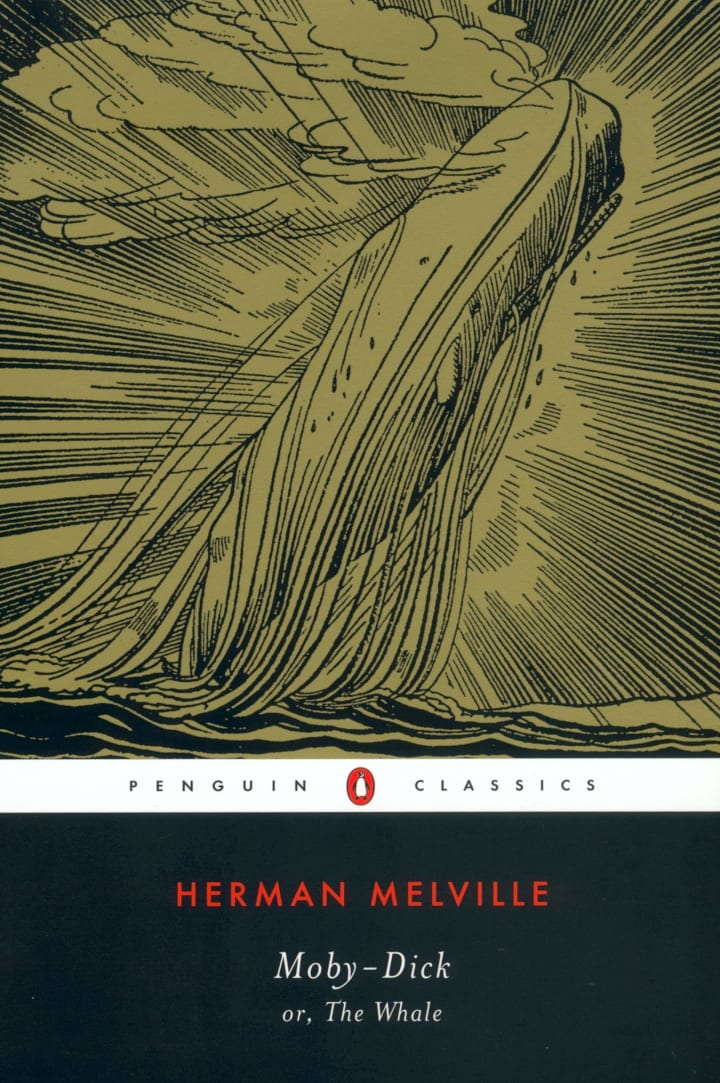
I have read this book so many times (and if you read one of my recent articles you'd know how much I've loved this book since I was 16). And the very reason that I was reading this book again was because I was writing an article about it. I think it's so important that at least everyone give this book a try - you don't have to finish it, but please don't give up on it just because it's about whale fishing because it's about so much more than that. It's about difference, meeting new people, tyranny and morality, it's about shocks and tensions, it's ultimately about humanity. It's one of the greatest books ever written.
672. Agricola and Germania by Tacitus
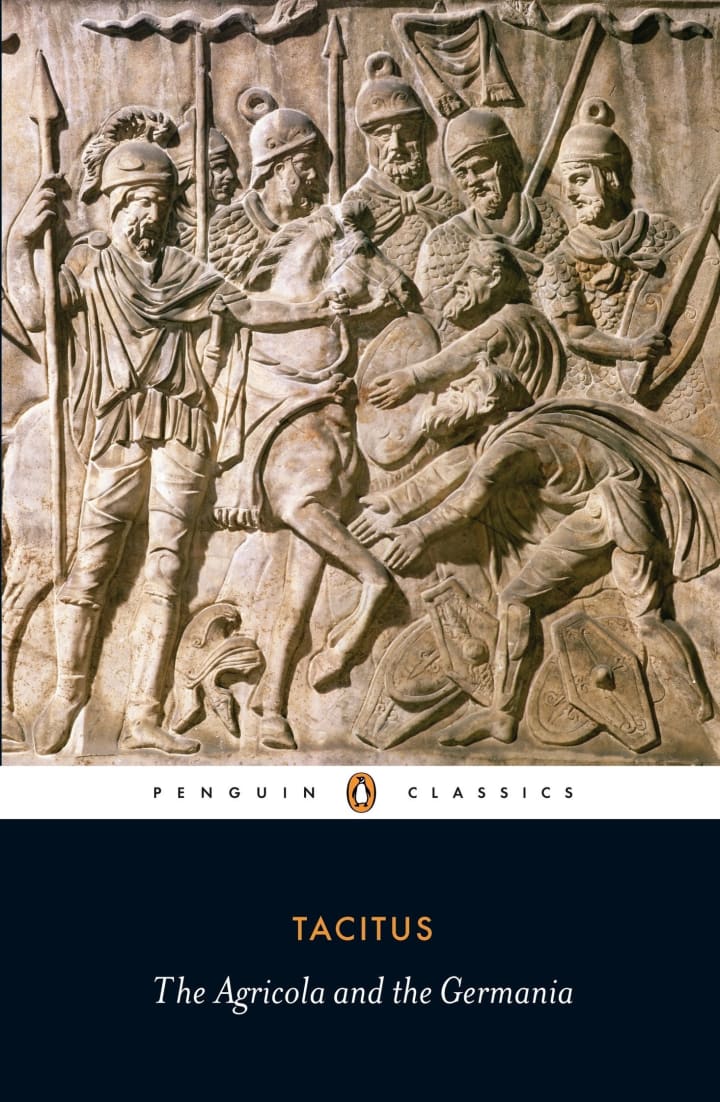
The last time I was reading Tacitus I was in university and trying to learn about Roman History for something I was attempting to write. It didn't go to well and so, I gave this a try years later. Agricola was a Roman General and yet, it didn't seem like he was always on the ball. However, the most memorable part of the book was the bloodshed and violence. When it comes to violence, there was so much graphic detail that often, I didn't feel like this could've been written in Ancient Rome at all.
673. Free Day by Inès Cagnati
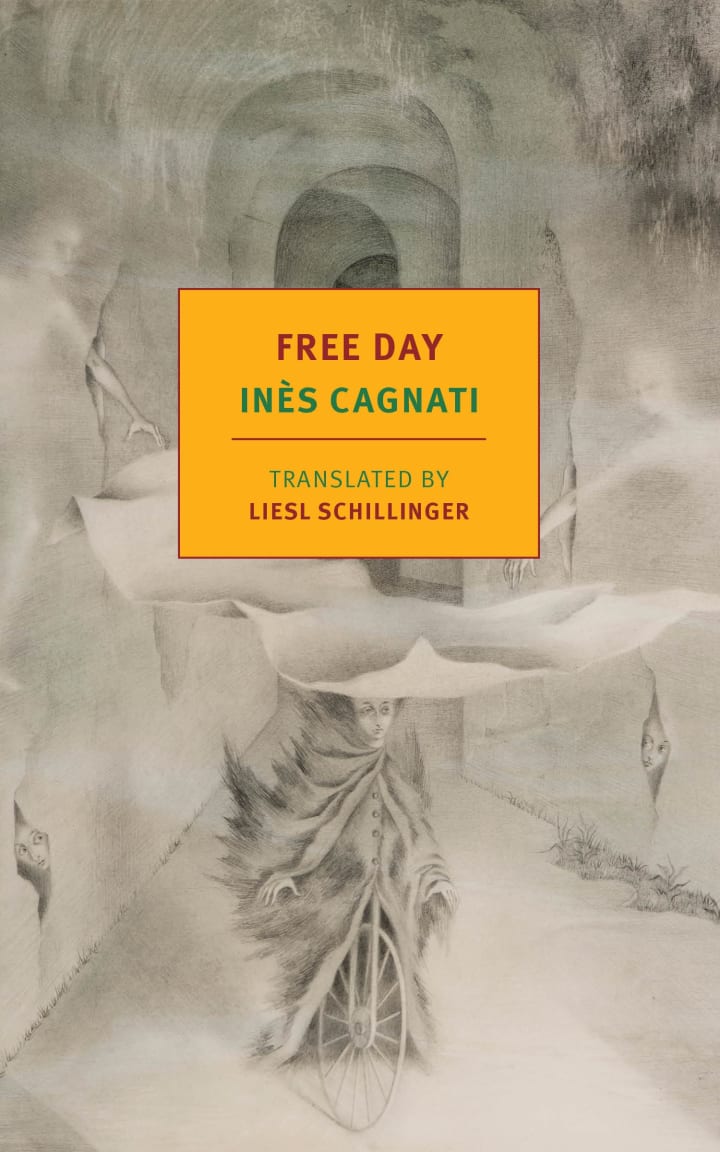
This book was possibly one of the best written books of the year that I've read. It's about a girl that bikes to her family farm twice a month only to be told by her mother that she must go home and look after her siblings and father. She is absolute distraught and tries to escape this suffocating lifestyle. I love the way it's written in first person and has this quality of depression, sadness and imprisonment to it. It's just about a girl who turns into a woman who constantly feels unfulfilled and as if her life doesn't have any meaning. It's like someone trying to take away my books - it's so sad and I wouldn't be able to live like that. I just couldn't.
674. The Jewish War by Josephus
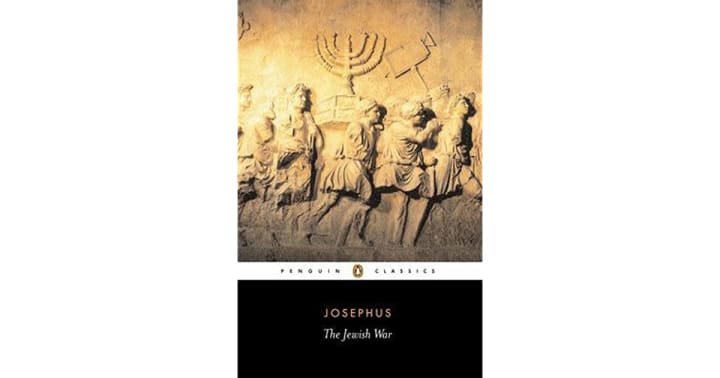
I've read this book in parts before but never the whole thing altogether. It was a book filled with war and sadness and blood and death. It was amazing and yet, tragic at the same time. Josephus records the wars against the Jewish People in this book and how, with all their efforts, the Jewish people overcame these struggles. He didn't even know that the Jewish folk would have to live it almost all over again in the following centuries - the terror, the bloodshed and the pain. It is graphic, it is intense and it is far different to reading the book in parts.
675. The One-Straw Revolution by Masanobu Fukuoka
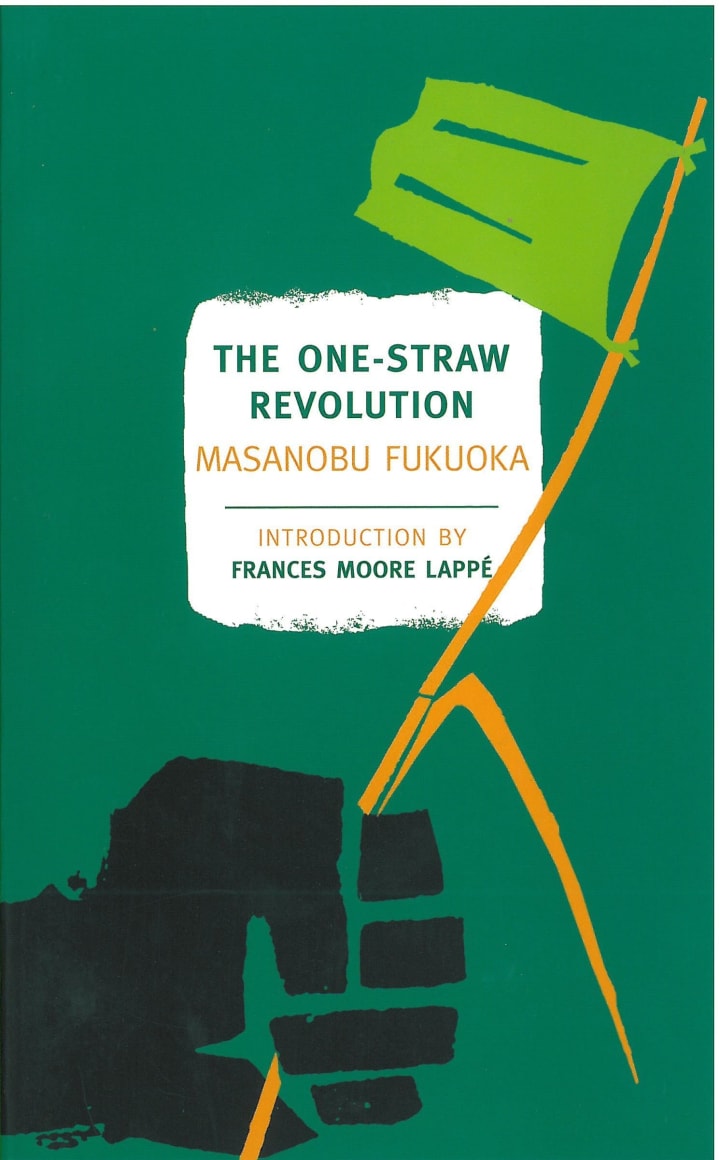
This book is all about farming and agriculture and actually sees the practice as a revolutionary way of life. In Japan, agriculture is fairly big and so, this way of agriculture uses nothing that is considered artificial and returns to methods of heritage and culture to grow plants in a biologically superior way without sacrificing the modernity in the progress of the practice. There is clear passion and want here and the liveliness kind of made me want to grow plants even though I am not a big fan of touching them.
676. A Harlot High and Low by Honore de Balzac
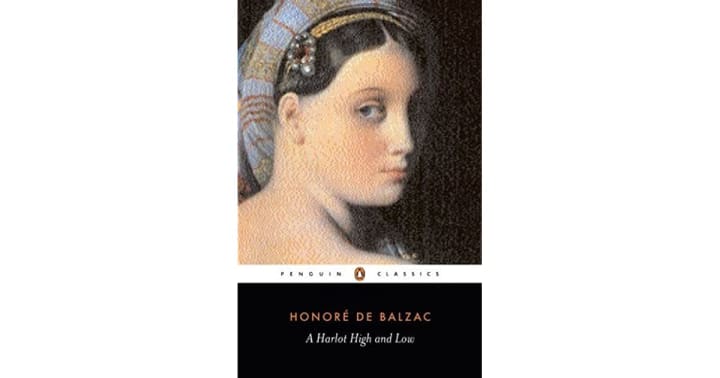
Now, I'm not saying that I didn't like this book - I just didn't think it was as amazing as some of the reviews made it out to be. Honore de Balzac writes about a man who is about to commit suicide but doesn't and we see his life unfold as something he would've missed out on otherwise. The one thing that I have never really understood about Balzac is the aspects of realism he uses against philosophy. Sometimes, in his shorter fiction - he is very much to the point and the only difference between that and his long fiction is that, in his novels, he can go off on weird tangents that make the book a little tedious in some respects if overused.
677. Pierre and Jean by Guy de Maupassant
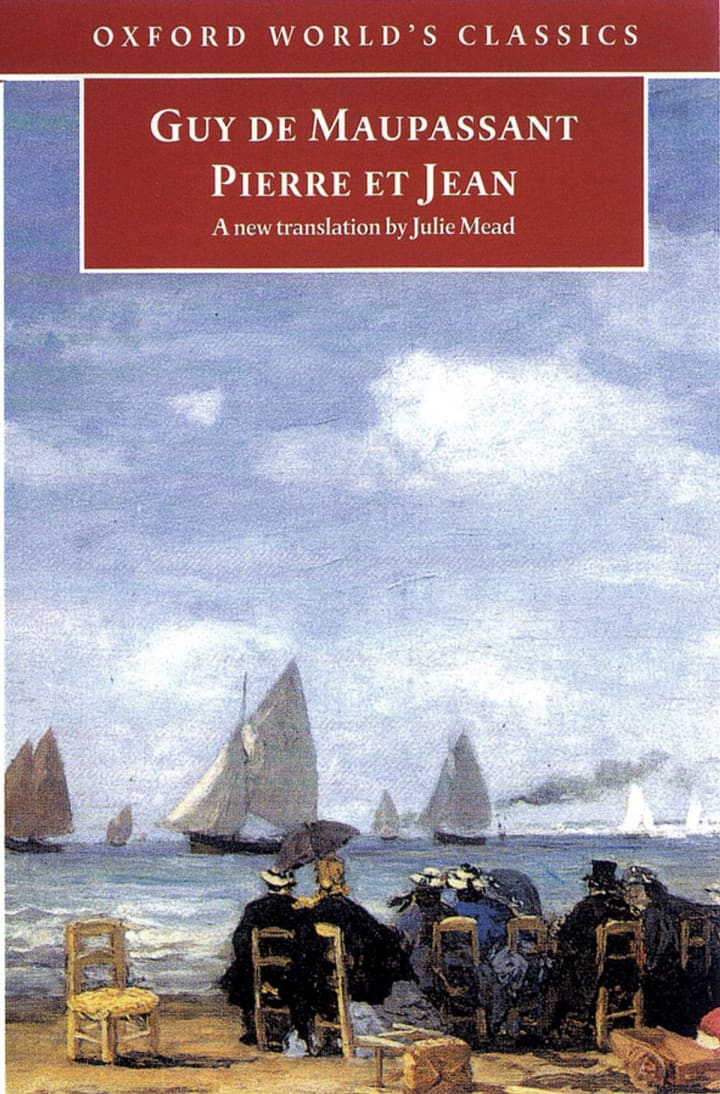
I really enjoyed this book. It's about these two brothers - the elder is Pierre and younger by five years is Jean. They grow up as really good friends but always have this unspoken and rather poignant jealousy between them. After a while, this jealousy keeps pushing through and then bursts on to the scene. We get this rivalry between the brothers that I don't want to talk about too much or it will give away the entire story. But, needless to say it is classic conflict of Guy de Maupassant - someone's secrets are coming to the surface.
678. The House Behind the Cedars by Charles W. Chesnutt
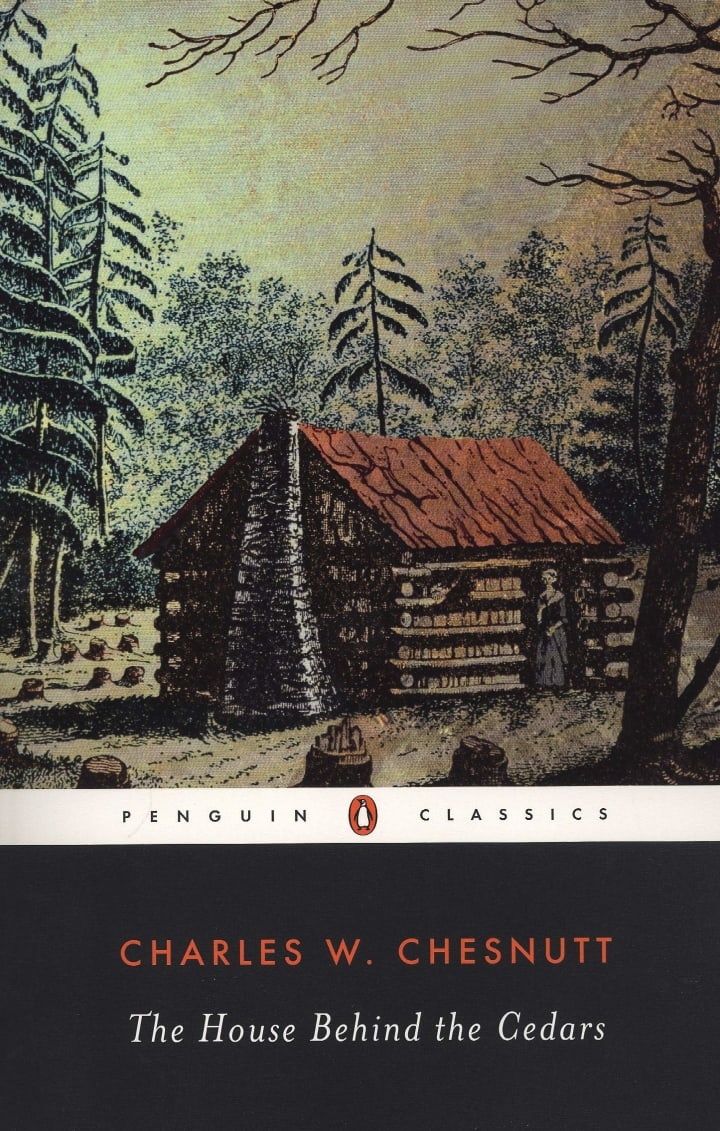
This book was so incredibly sad. It's about a woman called Rena who has an unspeakable secret that she doesn't even tell her mother. When Rena wants to get married, she thinks about revealing the secret and what would find out if her husband knew about it. There's a number of deceptions that are both clever and upsetting, but ultimately - it will end up costing everyone in the book a whole lot more than what they bargained for. It's an incredible novel about racial discrimination, love and passion, and in some respects, self-destruction. It's written with amazing vigour which only reminds me of James Baldwin, Ralph Ellison and Zora Neale Hurston.
679. The Major Works by John Clare
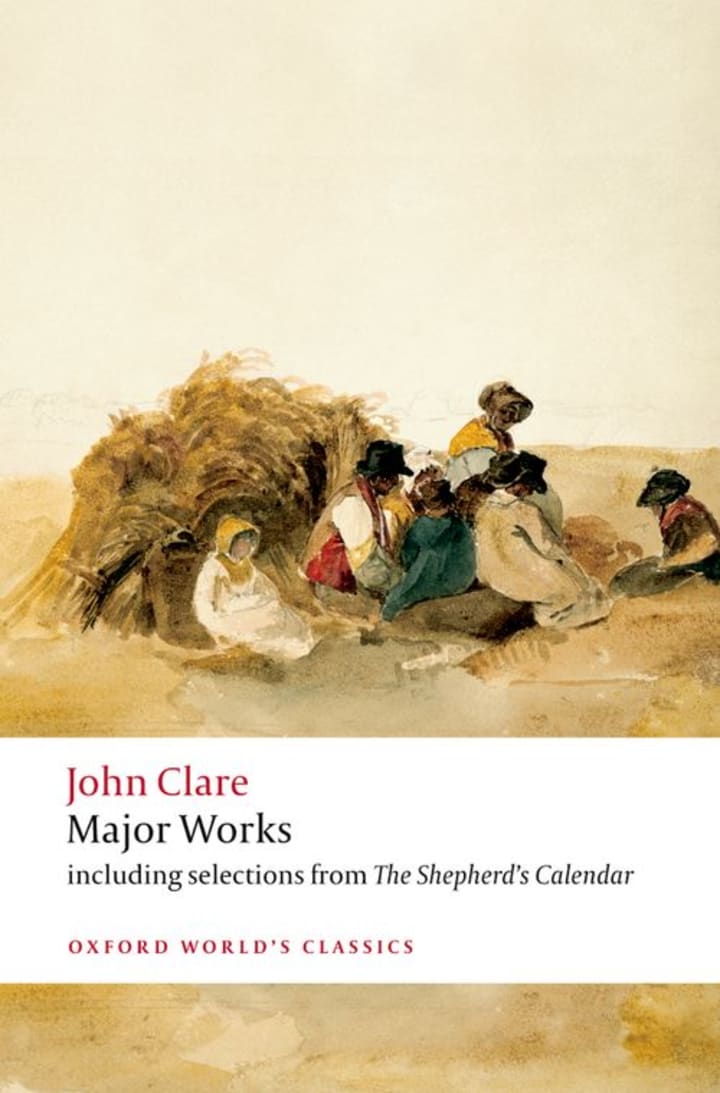
I have read John Clare's works in parts before - they are in anthologies of Romanticist Literature and such. But to read his work as a whole is something completely different altogether because you come to see that he is the only person who truly understands what it is like to be desolate, poor, in constant pain and grief out of all of the poets of that era. Why? Well, because he was poor and desolate most of the time. He understood the emotion of sorrow like nobody else did and wove it into the nature scenes of his poetry with amazing ease. It is not only in the language, but it goes down to the way the sounds roll off the tongue in languid and airy style.
680. Jane Eyre by Charlotte Bronte
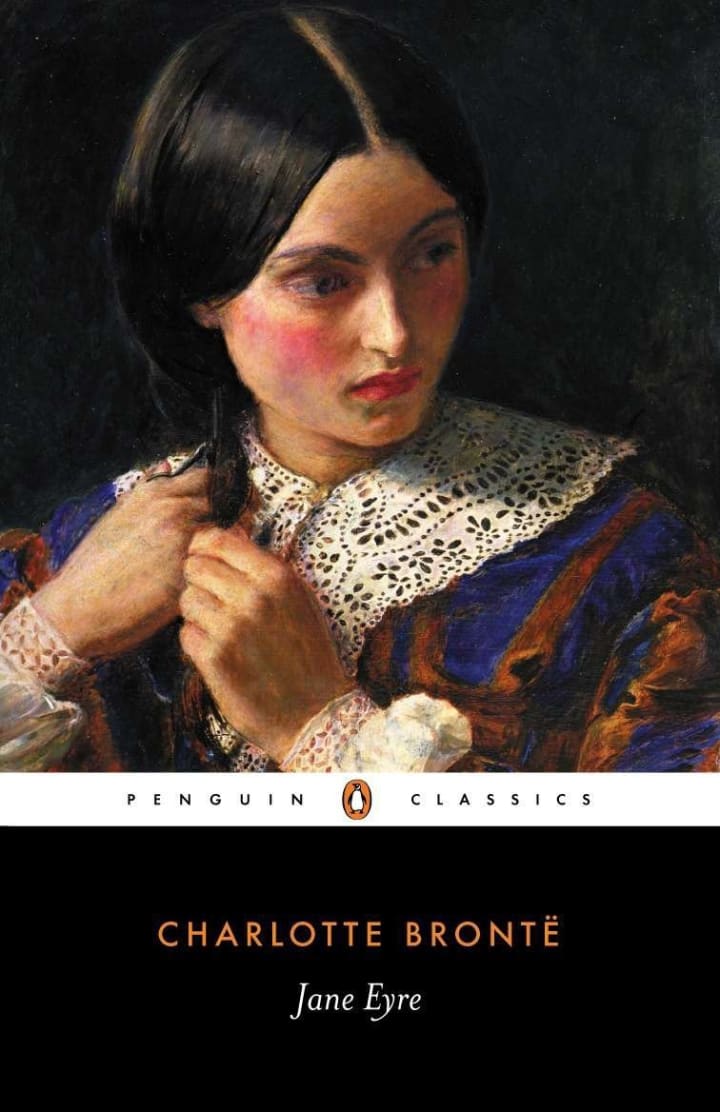
If you know me then you'll know that since I was about twelve years' old, I have read "Jane Eyre" numerous times and, twelve years' later, it still has the same impact it did all that time ago. Every time I read this book it changes something about the way I think of women of the working class. It changes the way I see the struggle of women who have no choice but to do jobs that they did not initially set out to do, or end up in places where they do not want to be. I was reading it for a short article I was writing and thought that I would give it another go just for the fact I wanted it to take me back to when I was younger and everything was still new and exciting.
About the Creator
Annie Kapur
195K+ Reads on Vocal.
English Lecturer
🎓Literature & Writing (B.A)
🎓Film & Writing (M.A)
🎓Secondary English Education (PgDipEd) (QTS)
📍Birmingham, UK


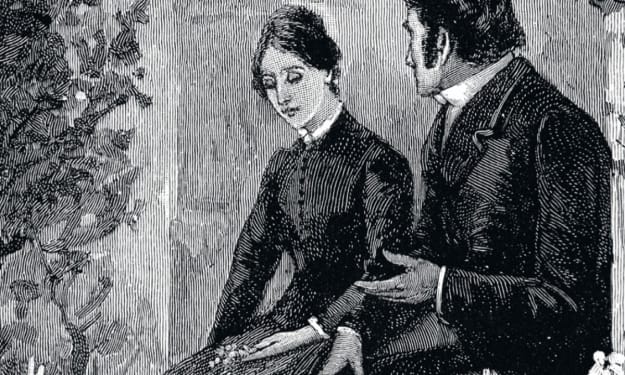



Comments
There are no comments for this story
Be the first to respond and start the conversation.